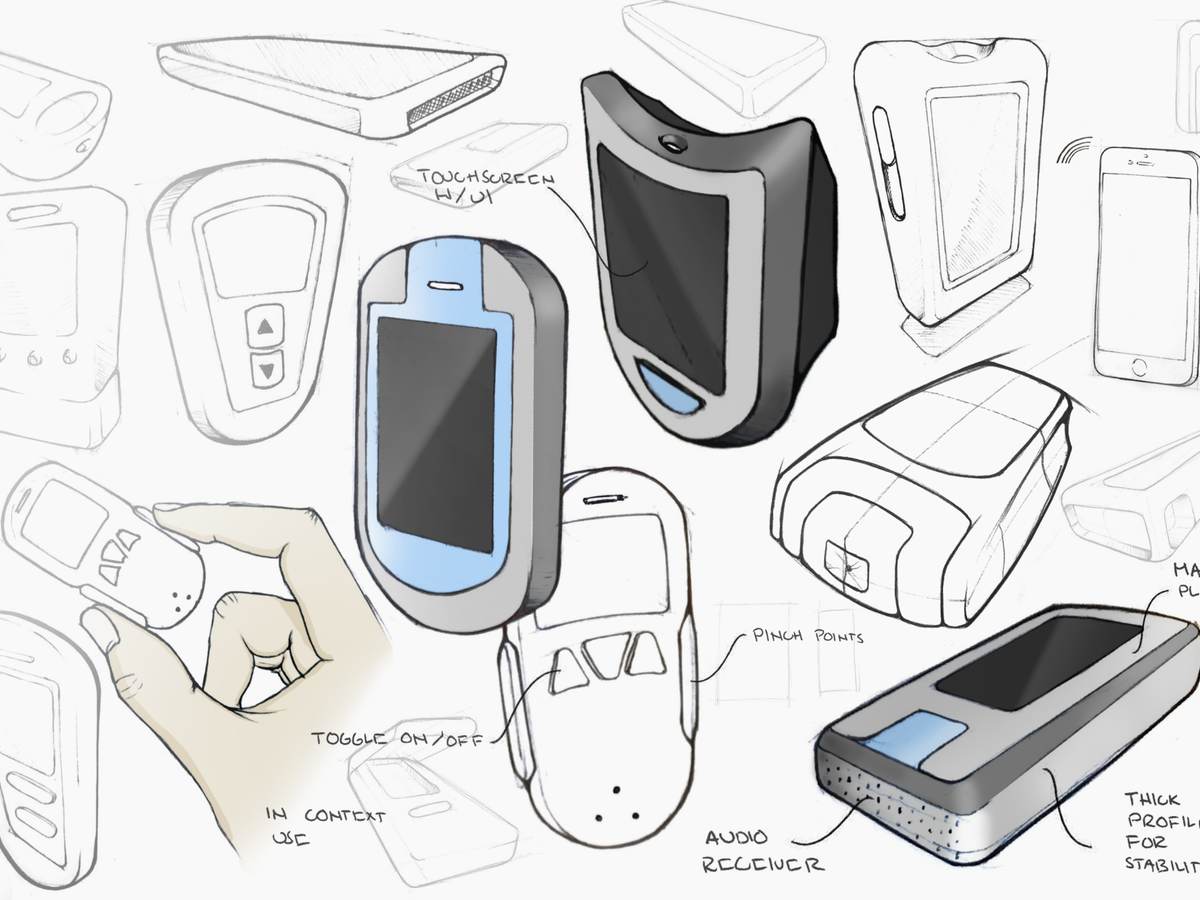Watch now: Making the most out of your investment in Human Factors
The presenters cover the scale of Human Factors (HF) work that is a regulatory necessity, where a greater level of investment can yield dividends in terms of enhancing a product’s interactive qualities, what level of investment in HF is typical for various types of products and how to maximize the benefits from any scale of HF work.
Webinar date
March 16, 2023
Speakers
Michael Wiklund, general manager, HFR&D
Frauke Schuurkamp, managing human factors specialist, HFR&D
Manufacturers know they must apply human factors (HF) when developing medical devices, in vitro diagnostic devices (IVDs), and combination products. The required steps are well-defined in the FDA’s Applying Human Factors and Usability Engineering to Medical Devices and the International Electrotechnical Commission's IEC 62366-1:2015, Medical devices — Part 1: Application of usability engineering to medical devices. However, these documents are less specific about the scale of each step in the HF process. It leaves manufacturers the freedom to apply HF more or less rigorously, just as long as they have covered the basics.
The webinar presenters will share facts and opinions on what makes up HF activities, covering the basics versus making a greater investment to reduce business risk and optimize the chance that a product will enjoy commercial success. Their commentary will cover early user research, user interface requirements development, use-related risk analysis, iterative user interface design, formative usability testing, HF validation testing and HF reporting.
As an added benefit, the presenters will estimate the cost of HF work at various scales and identify value engineering options. They will also address how to increase HF work products’ positive effect, leading to safer and more effective products.
Webinar attendees will gain a deeper understanding of the following:
- The scale of HF work that is a regulatory necessity versus optional.
- Where a greater level of investment can yield dividends in terms of enhancing a product’s interactive qualities versus waste resources.
- What level of investment in HF is typical for various types of products.
- How to maximize the benefits from any scale of HF work.
About the presenters
Michael Wiklund, general manager, HFR&D
Michael Wiklund is responsible for the direction and quality of human factors consulting services Emergo by UL provides to its customers. He identifies and develops new market opportunities where his consulting team can effectively apply its expertise, focusing specifically on use safety, effectiveness, and usability. Historically, he has led projects requiring expertise in user interface research, design, prototyping, and usability testing. Michael delivers university and industry courses on user interface design. He publishes books and articles on the subject and makes technical presentations to industry, academic, and government audiences. He also serves as Professor of the Practice at Tufts University, where he has taught in the Engineering College’s Human Factors Program for over 30 years. In 2005, he co-founded Wiklund Research & Design, a human factors consulting firm that UL Solutions subsequently acquired in 2012. Wiklund was inducted as a Corporate Fellow into UL Solutions’ William Henry Merrill Society, which includes members of the UL Solutions community who are leading authorities in their fields of expertise, in 2018.
Frauke Schuurkamp, managing human factors specialist, HFR&D
Frauke Schuurkamp has been with the Human Factors Research & Design team since 2013 and leads and oversees research activities, such as user research and usability testing. Furthermore, she helps customers develop key HFE documents for their design history files, including use-related risk analyses, and advises customers on how to strategically apply HFE during product development to meet regulators' expectations. She holds a B.S. in Applied Psychology and an M.S. in Human Factors & Media Psychology. Over the course of her career, she has gained extensive experience in conducting usability tests, developing key HFE documents for regulators, and guiding manufacturers in their investments in human factors engineering activities.
Explore our human factors software platform, OPUS™
OPUS offers a wide variety of training, tools, templates and regulatory guidance to help you stay ahead in your HFE activities.
Attend an upcoming webinar
Ready to elevate your industry IQ with insights and news from experts? Register for one of our upcoming events.
Get connected with our HFR&D team
Please provide us with the information below, and we’ll connect you with the Emergo by UL member who can best respond to your questions.








